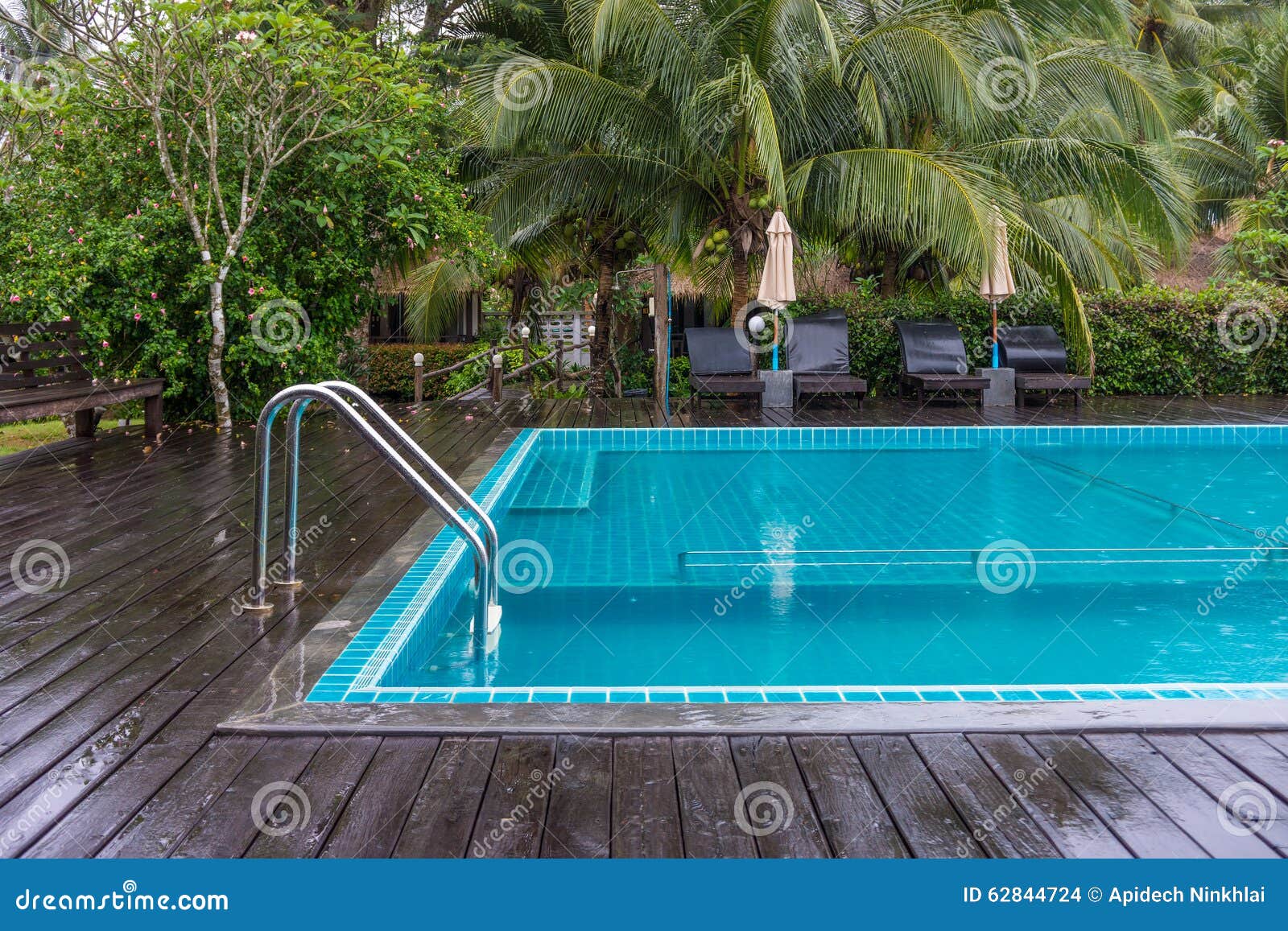
- #In ground pool hand rails how to#
- #In ground pool hand rails skin#
- #In ground pool hand rails free#
#In ground pool hand rails free#
Free chlorine is the “good” type of chlorine that is still available to eliminate bacteria and microorganisms. The chlorine in your pool is made up of two types of chlorine compounds.
#In ground pool hand rails how to#
How to Tell if Your Pool Has Too Much Chlorine Pool suppliers provide large containers of baking soda for pool pH balancing. To raise your pH levels, it can be as simple as adding seven to nine pounds of baking soda to your pool water. If you’re continuing to struggle with balancing the alkaline and acid in your pH levels, lower your pH levels by adding sodium bisulfate or muriatic acid. You can test the pH of your pool with a simple pH strip test. It is vital to add the correct amount of chlorine to your pool to maintain the right pH level. A pH that is too high or low can also damage pool equipment, landscaping features, clothing, towels and swimsuits. If the pool is too alkaline, or more than a pH of 8.0, the efficiency is less than 20 percent. Chlorine works most efficiently in water with a neutral pH level between 7.4-7.6. If you or anyone else who has used your pool experience these symptoms, contact your health care practitioner immediately in case treatment is needed.Įxtreme pH changes can also affect how the chlorine works in your pool. The signs and symptoms of chlorine poisoning include: Most of these symptoms clear up on their own without the need for treatment within a few days to a week.Īlthough extremely rare, extreme over-chlorination can also cause chlorine poisoning. Respiratory problems typically occur after prolonged exposure to over-chlorinated pools, which causes the respiratory tract to become sensitive to chlorine.
#In ground pool hand rails skin#
Irritant dermatitis which is a red skin rash characterized by raised itchy red bumpsĮye irritation and over-dilated blood vessels in the eyesĪsthma and respiratory illness due to excess chlorine vapor on the surface of the pool The acid levels can cause any of the following symptoms: Excess chlorine can alter the pH level of the water in the pool, making it more acidic. While slightly higher-than-normal levels of chlorine in your pool are harmless, exposure to an over-chlorinated pool can have adverse effects on your health and well-being. An over-chlorinated pool can have several adverse health implications. If you miscalculate and add more tablets or granules than necessary during the shocking process, or during routine maintenance, this can cause a high chlorine level. Shocking the pool means adding extra chlorine to the water to eliminate excess bacteria, algae and other microorganisms from your pool. Most manufacturers recommend shocking the pool when you open your pool each season. Why Is the Chlorine Level in my Pool Too High?Īn over-chlorinated pool is a common issue for pools.

Read on to learn more about why the correct chlorine level is vital for your health and safety and how to lower the chlorine in your pool quickly and easily.


It can be challenging to balance your pool’s chemistry, and there is such a thing as “too much chlorine.” Fortunately, too much chlorine in your pool can be easily corrected. Chlorine is an integral part of maintaining a hygienic pool environment and proper pool chemistry.


 0 kommentar(er)
0 kommentar(er)
